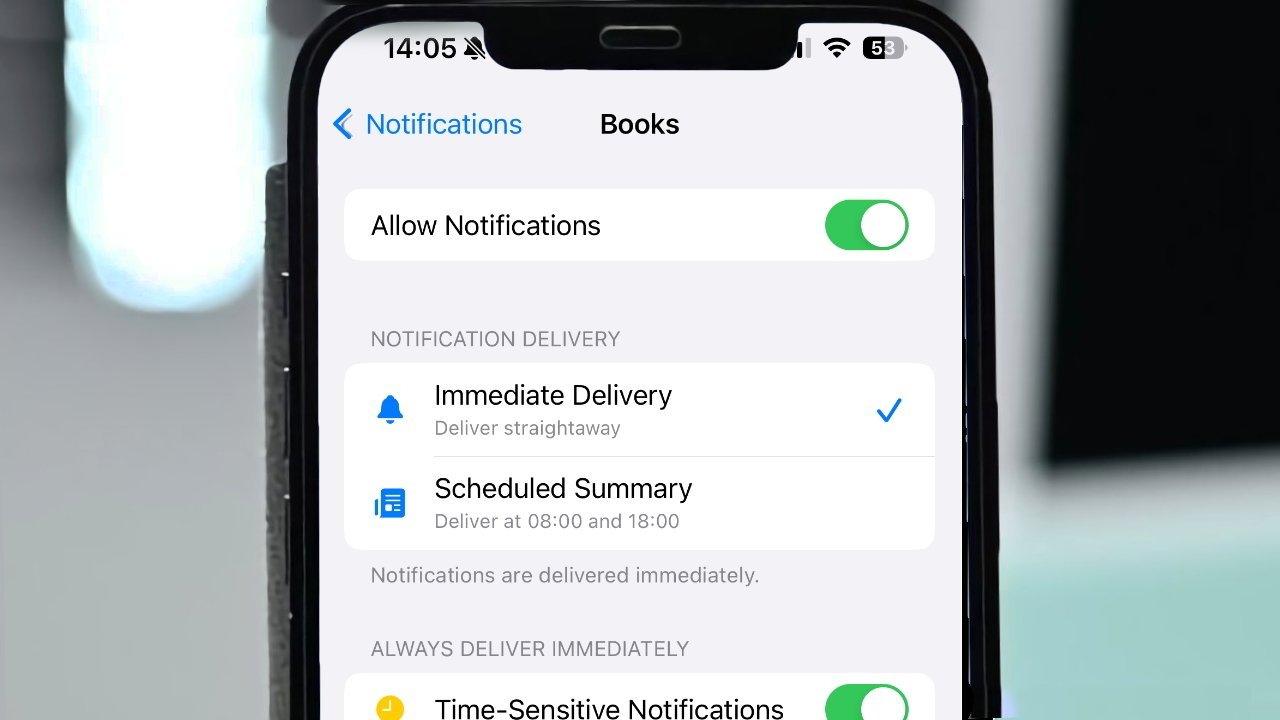Apple's Legal Process Guidelines updated with stricter rules for notifications subpoena
Government notification surveillance is now more difficult with Apple's latest Legal Process Guidelines requiring court-issued search warrants.

Notifications
Senator Ron Wyden revealed that the government used notification data obtained from Apple and Google to learn about persons of interest. Apple had previously been under a gag order to keep these requests secret but is now able to share information about the requests.
Only a few days after Apple added the notification information to its Legal Process Guidelines, the company updated them with stricter requirements. Daring Fireball was the first to spot and report the change to Apple's documentation.
From Apple's documentation:
When users allow an application they have installed to receive push notifications, an Apple Push Notification Service (APNs) token is generated and registered to that developer and device. Some apps may have multiple APNs tokens for one account on one device to differentiate between messages and multi-media.
The Apple ID associated with a registered APNs token and associated records may be obtained with an order under 18 U.S.C. 2703(d) or a search warrant.
Previously, the section read the push notification token could be obtained with "a subpoena or greater legal process." Stepping up to requiring a search warrant is a significant change and reflects the same requirements provided by Google.
Read on AppleInsider

Comments
If Apple reveals non-public info covered by a gag order the Govt could sue them on the grounds that Apple's action caused the Govt harm.
But once the info is made public (by someone else) there's no way the Govt. could claim in court that Apple caused them harm by revealing info to the public that was *already* public.